From the echoes of hymns in a church to the melodies shared during family road trips, music has always been an integral part of Michael Kiel Cash’s life. His musical journey began with harmonizing alongside his sisters and singing congregational hymns, creating an early connection to the power of music. In this exclusive interview, we dive deep into the soul of an indie musician whose life is interwoven with his craft, and where the pursuit of a career transforms into a dedication to an artistic lifestyle.
However, for Cash, music is not merely a career but a lifestyle that he lives and breathes. In his own words, he notes that while professional opportunities and mainstream culture come and go, the core artistic impulse remains a steadfast companion.Looking ahead, Cash holds a dual perspective on his long-term goals. On one hand, he aspires to nurture his artistic growth, consistently producing evocative work that resonates with his audience. On the other, he embraces the uncertainty of the future, allowing the music to guide him without constricting himself with predefined goals.He credits legends like Bob Dylan, Townes Van Zandt, Joni Mitchell, and Leonard Cohen for igniting his early passion.
In this illuminating conversation with Michael Kiel Cash, we unravel the layers of his musical odyssey—one defined by unyielding passion, introspection, and a deep reverence for the creative process. His music becomes not just a collection of melodies, but a conduit through which we explore the mysteries of existence, one harmonious note at a time.
Can you tell us about your journey as an indie musician? What inspired you to pursue a career in music?
From singing with my sisters on family road trips to congregational hymns in church, music has been a part of life since my earliest memories. I can still feel the energy rise as I imagine our family gathering around the player piano, Grandpa pumping away with his feet and singing out with great vigor.
It’s taken me many years to realize that I’m not so much pursuing a career as living a lifestyle.Professional opportunities and the interests of mainstream culture come and go, but the artistic urge, craft and process remain steady.
My early inspiration was pretty typical: you see bands and listen to records and think “I want to do that!” One feels alive and perceives a kind of embodied wisdom in the music, a different mode of thinking. Bob Dylan, Townes Van Zandt, Joni Mitchell, Lightnin Hopkins and Leonard Cohen did that for me.Appalachian fiddle tunes, gospel singing (both black and white traditions), frontier ballads and Rock & Roll did that for me. Just to name a few…
All that being said, I think the root of inspiration always lies in mystery to the artist. Inspiration dons various appearances over the course of an artist’s life, but in her naked totality she remains forever veiled. We’re called to follow the image, but we don’t quite know where it is leading. It is this not knowing that powers the creative project.
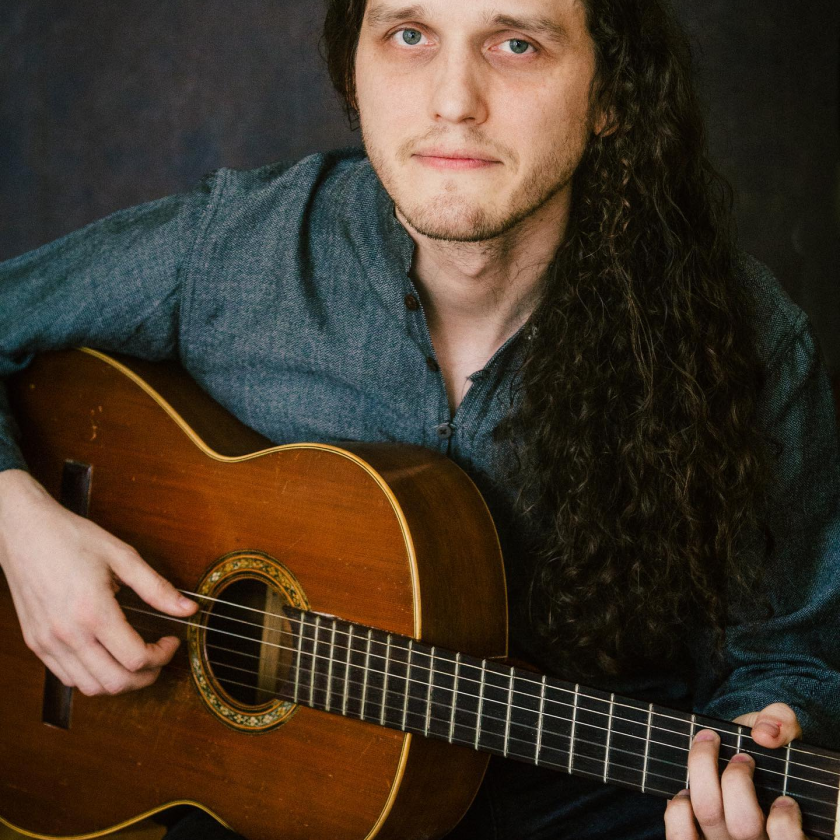
How would you describe your unique style and sound as an artist? What sets you apart from other musicians?
I’m not so unique, but certainly Michael Kiel Cash music has its own distinct flavor. I would place myself in a tradition of North American singer-songwriters that aim at bringing a mytho-poetic resonance to American roots music styles. Songwriters in this tradition are aware of the power of symbol, that it invites
something into the artwork that is outside of the artist and their intent. We’re after trapdoors in poetry, blackholes in memory, whirlpools in the sea of samsara.
Could you share some of the biggest challenges you’ve faced as an indie musician and how you overcame them?
Many of the biggest challenges I face are self made. Like all of us, I go through periods of debilitating doubt and attachment to outcomes. As far as I know, there is no better practice to alleviate this kind of suffering than to submit. Submit to process, submit to the moment This can look like picking up an instrument, or pencil and paper and starting to write. The hardest thing is starting, but once we do the constriction nearly always fades and disappears as if it was never there. Submission can also just as easily look like going for a walk, calling a friend or doing a days work. Perhaps today’s song thinks it a cruelty to be wrestled from the unseen. Stagnation is also an aspect of the moment.
What is your creative process like? How do you approach songwriting and composing music?
For me, the creative process starts with an atmosphere or feeling. This atmosphere is pregnant in a way and asks to be birthed in the form of a song. I try to maintain the gap by which it enters the world and as it does, I help to mold its parts as it asks. Of course as artists we have the skills of our particular craft—a necessary amount of technique, devices, tricks of the trade, etc.—but they are helpful only in as much as we serve the atmosphere that is trying to come into being. Our goal is art, not artifice. The achievement of this goal is out of our hands. In the end the song speaks its own mind and decides what of itself it is willing to sacrifice to this world.
Are there any particular themes or messages that you aim to convey through your music? What inspires your lyrics?
The songs are like dreams that present different images, but seem to point towards the same underlying reality. There is separation, loss, longing, love, union, ecstasy, beauty, death, journey, submission, rebirth.There are rivers, mountains, deserts, oceans, canyons, cotton fields, rainbows, thunder, monsoons, sunsets, subways, motorbikes, ladders, broomsticks. They all dance vivified. The living language of a living world. An encounter with something we dare not acknowledge. A great breathing entity is seeping into the world and at every hour from every atom these songs sing silently to those who listen.
What are your long-term goals as an indie musician? Where do you see yourself and your music in the next few years?
Part of me wants to grow artistically and maintain a steady creative output over a lifetime. I hope to continue to find my audience, to connect and serve, and to feel supported in my art.Another part of me has no long term goals and no vision of the future. Music is not mine. To have goals is to constrict myself and limit my relation to her. Let’s see what she has in mind.

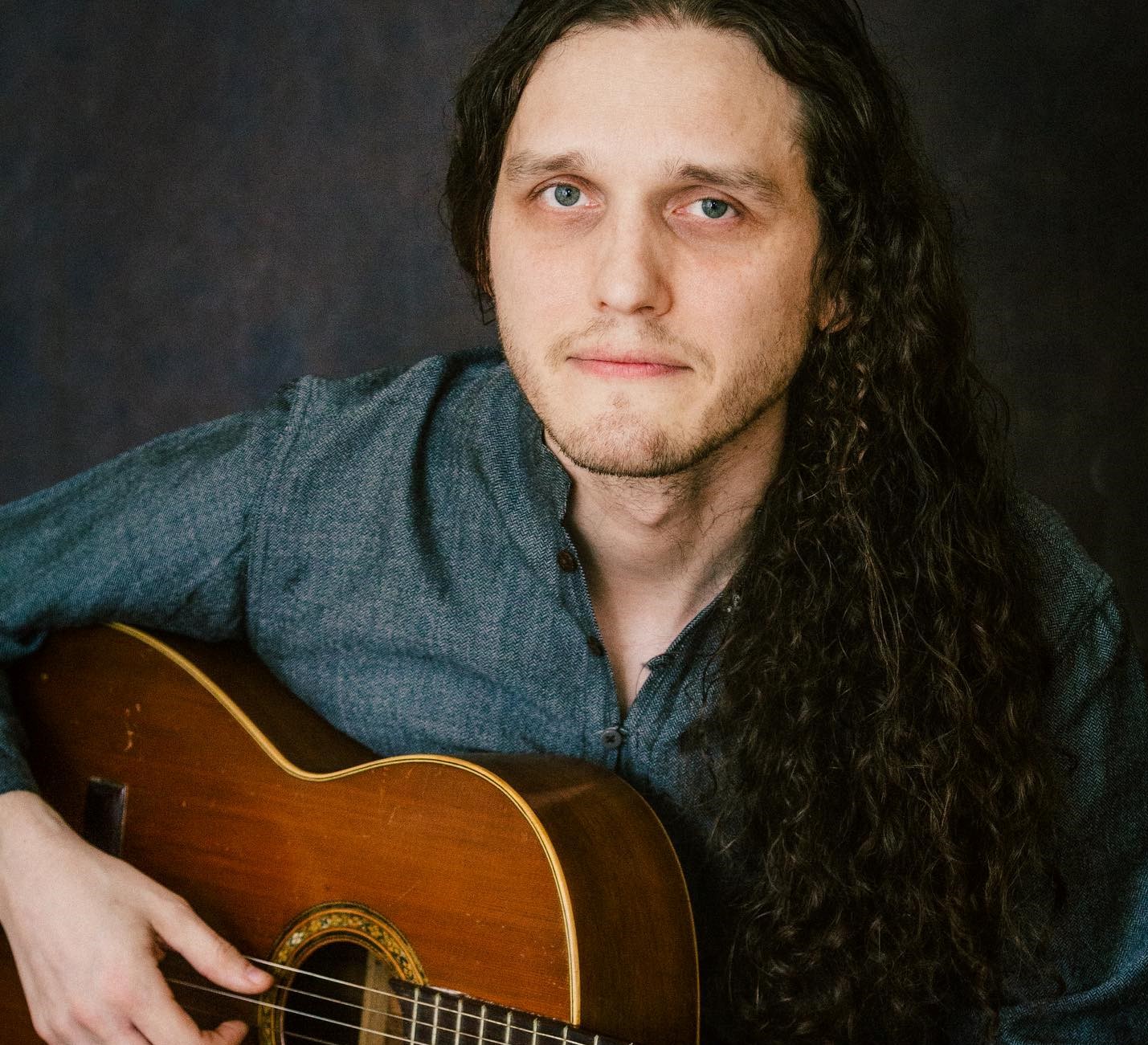
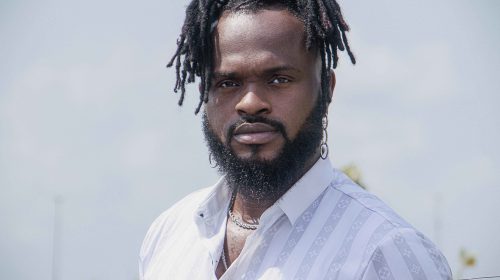
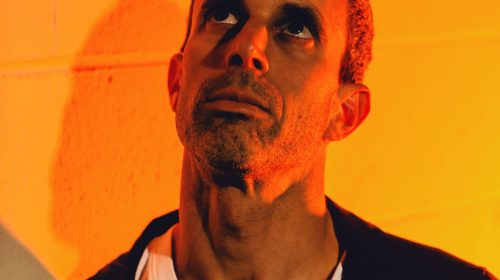
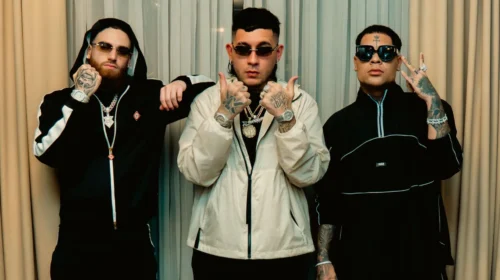
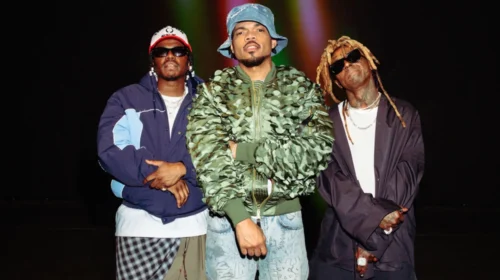
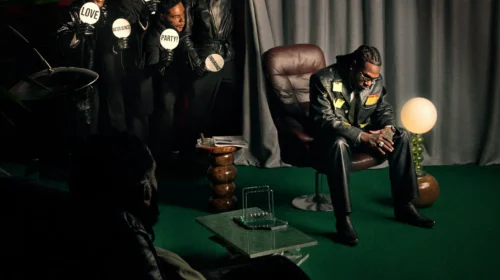
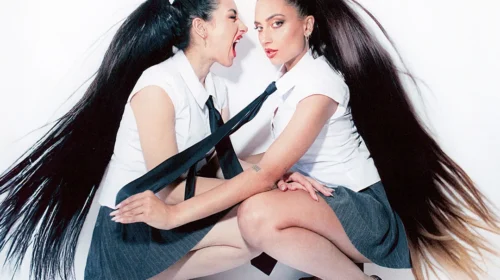
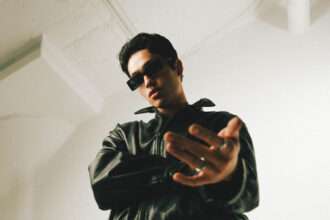





Michael Kiel Cash produces beautiful and emotional music.